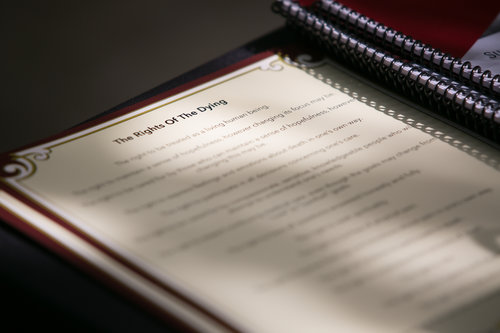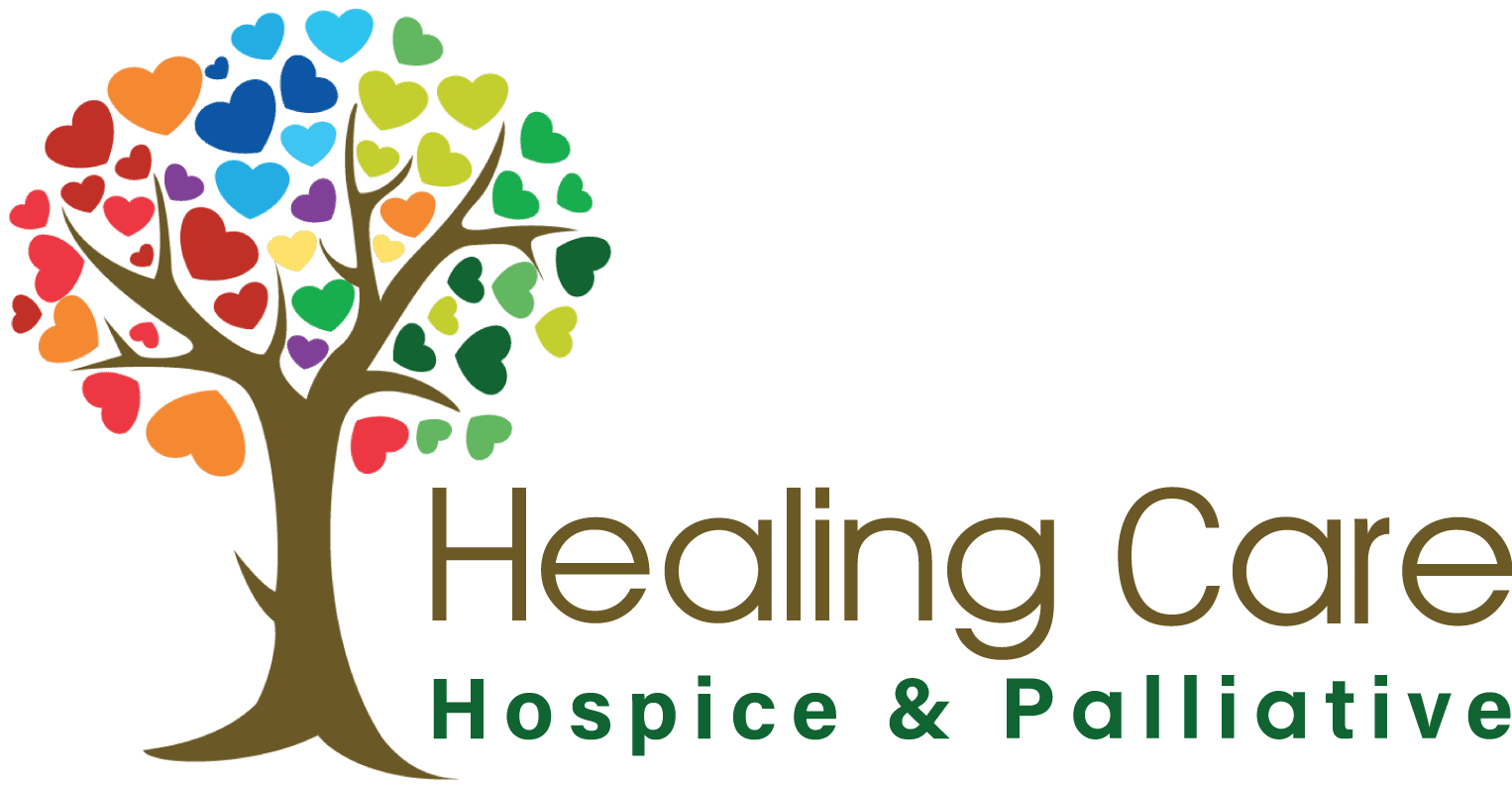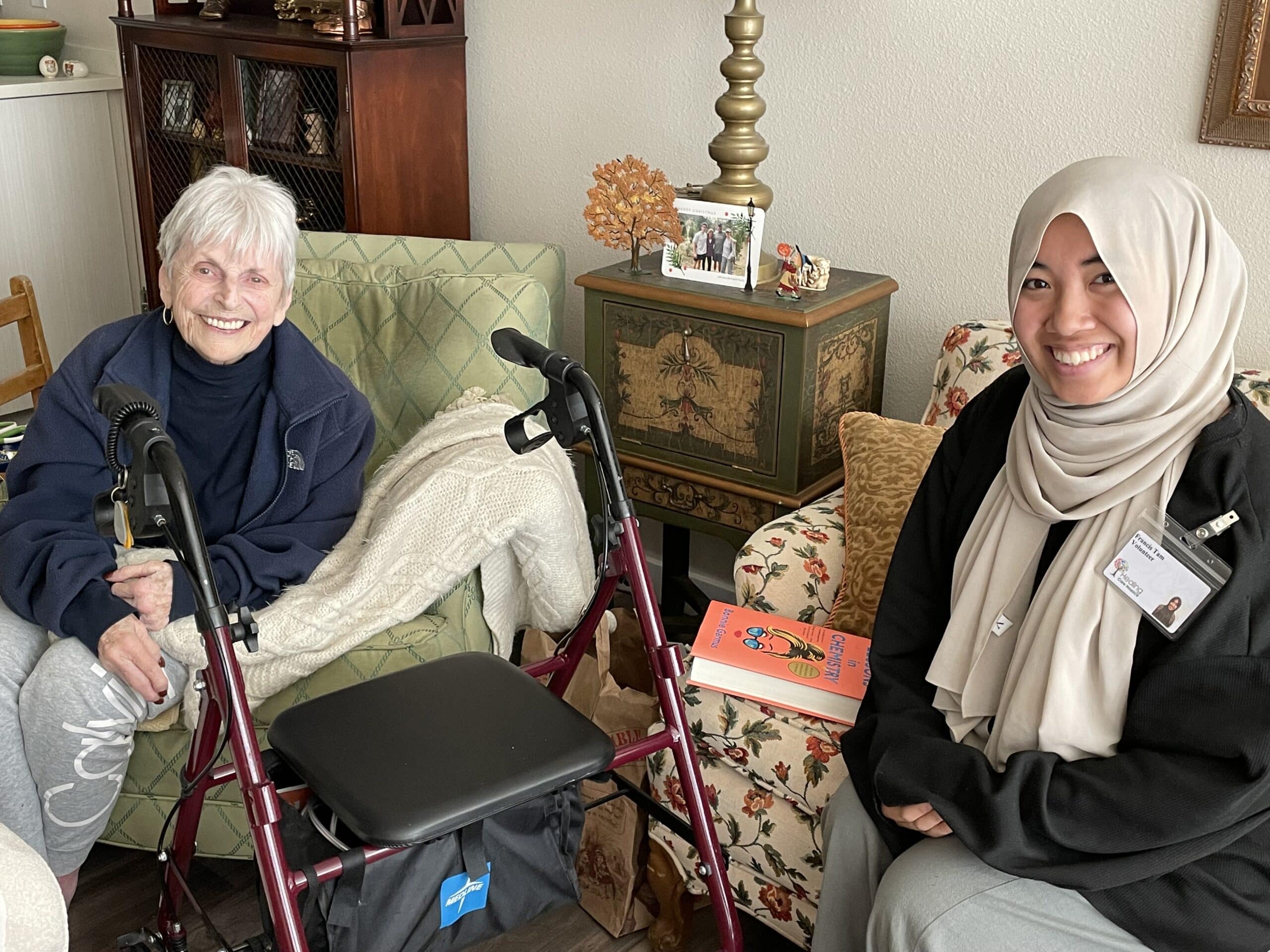End-Of-Life Conference Reflection
Team / Staff
Julia Dodd, RN
– Healing Care Hospice Registered Nurse
As someone new to Hospice in the professional sense, I was delighted to have the opportunity to attend the “Supporting Dignity at End of Life” conference. Being alone in the field for the majority of my work as an RN Case Manager, I was excited for the chance to connect with my colleagues in an interdisciplinary setting and learn from those whose depth of experience in hospice is immeasurably great. However, what I experienced was far richer than any professional development event that I had previously attended. Through the many incredible speakers and attendees, I was given not only invaluable information to better my patient care, but also a broadened view on end-of-life from a multicultural perspective.
The conference began with the Keynote speech by David Kessler, a world-renowned expert on healing and loss whose very personal account of his work, his own loss, and the lessons he has learned offered attendees new tools and perspective on working in end-of-life care. After listening to Mr. Kessler’s speech at the conference, I visited his website, grief.com where I found a surplus of tools that have heightened my vocabulary and ability to more effectively communicate with my patients.
Following the keynote, the conference featured two very informative panel discussions. The first involved experts in the field discussing disparities facing vulnerable populations in end-of-life care, an area applicable to the many of those we serve at Healing Care Hospice. The second panel titled, “Exploring the Intersection of Spirituality, Culture, Faith in End-of-Life Care” featured several chaplains who broadened my understanding of the diverse beliefs and traditions practiced by people in regards to death and dying. For those of us who work in hospice, our job is to aid in facilitating comfort and dignity at the end of life with a great diversity of people. As no one life is the same, neither is death and these two panels helped to clarify and educate attendees on the vast differences we may encounter in tradition, belief, and culture, so we can better individualize our care. In addition, after listening to the members of the panels, I can now better refer my patients to colleagues who can aid in addressing their spiritual and emotional needs.
While we enjoyed our lunch, we were treated to an additional keynote speaker, Mr. G. Jay Westbrook, a person that I learned was instrumental in making Healing Care Hospice the organization that it is today. Mr. Westbrook was like no other speaker that I have encountered. His raw description of his own life’s journey and those he has met throughout his hospice work was eye opening and sometimes jaw-dropping. Mr. Westbrook’s offered specific strategies and tools that can be used to help facilitate the best quality death for all people, even those whose choices in life create moral complexities. His lecture, quite effectively offered attendees our take-away lesson and the reason not only for the conference, but also for the work we do in hospice. We support dignity at the end-of-life for all of our patients without judgment and with all that we have to give.



